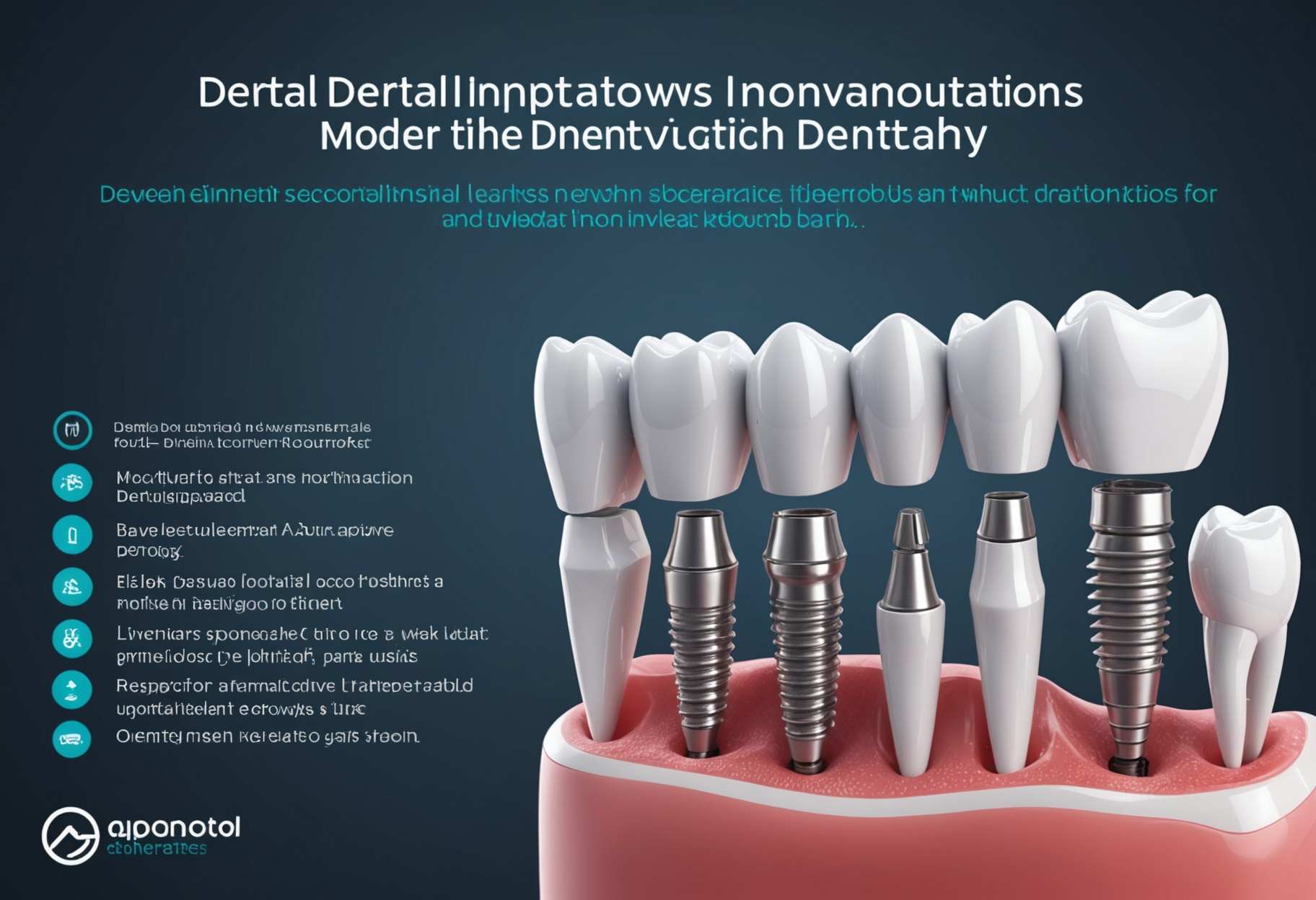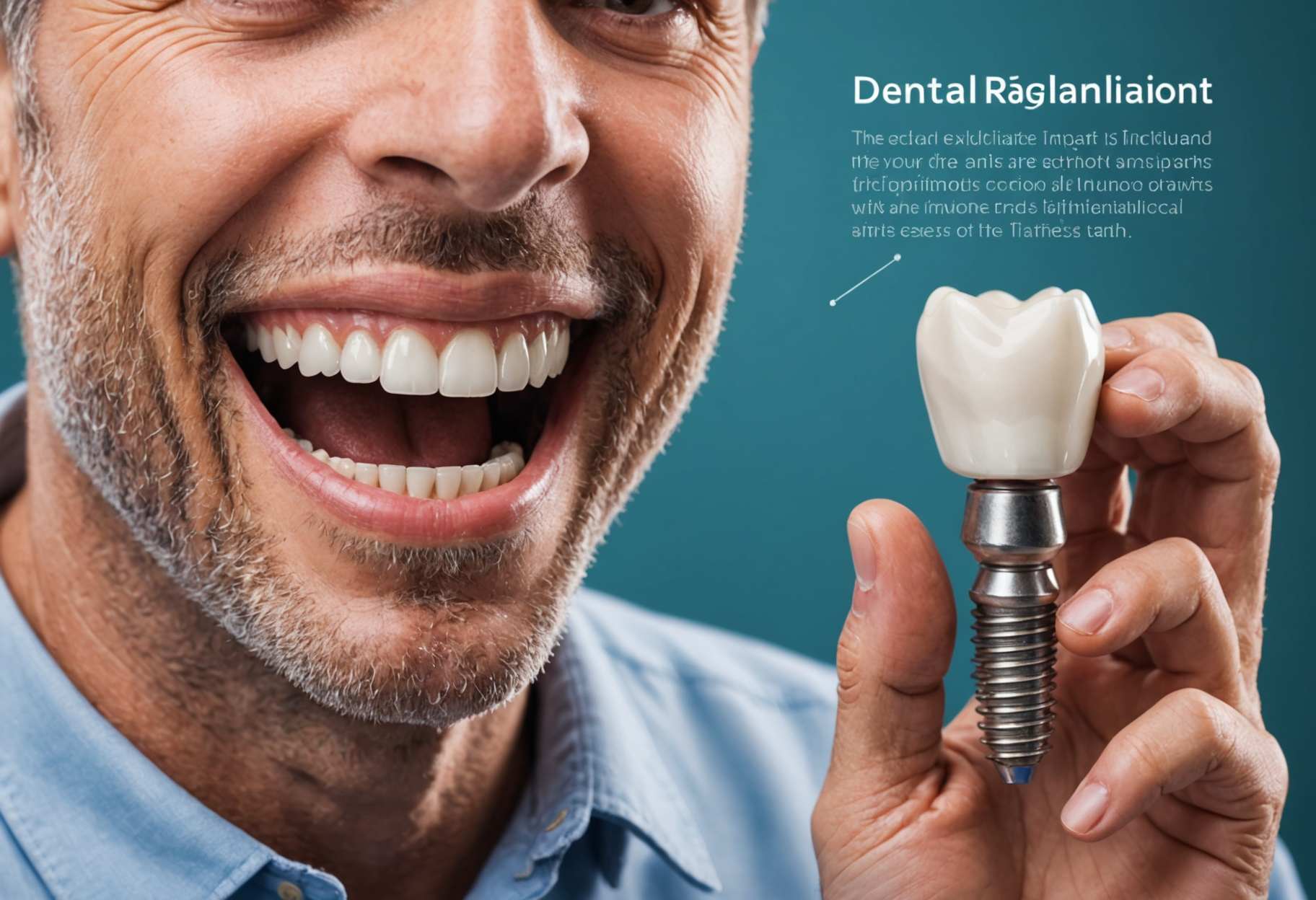How to Recover After a Dental Implant Procedure: A Comprehensive Guide

Recovery after a dental implant procedure is a critical phase that requires attention, care, and adherence to specific guidelines. A smooth recovery is vital for the success and functionality of the dental implants. This comprehensive guide aims to provide a roadmap for post-procedure recovery, offering valuable insights and practical tips to enhance your healing process and ensure optimal performance of your new dental implants.
**Immediate Post-Procedure Care:**
Following the procedure, it is essential to have a responsible individual drive you home, as the effects of anesthesia may persist. Gently bite on the gauze pad to lessen bleeding and promote clot formation at the surgical site, changing the gauze before it becomes fully saturated with blood.
**Pain Management:**
Your dentist will likely prescribe pain medication; ensure that you take them as directed to effectively manage discomfort. Over-the-counter pain relievers may also be used, but it is wise to consult your dentist about appropriate options and dosages.
**Oral Hygiene Maintenance:**
Maintaining cleanliness in your mouth is crucial. Rinse with warm salt water multiple times a day to keep the surgical site sanitized. Avoid vigorous rinsing or spitting, which could hinder the healing process.
**Nutritional Considerations:**
Opt for soft foods and liquids, steering clear of extremely hot items. Gradually reintroduce harder foods as your healing progresses. Stay hydrated but refrain from using straws initially, as the sucking motion may disrupt the healing of the surgical sites.
**Avoiding Harmful Activities:**
Avoid smoking and alcohol consumption during the recovery period, as these can impede healing and lead to complications. Refrain from engaging in strenuous physical activities for a few days after the procedure.
**Managing Swelling and Bruising:**
Applying cold packs to the areas adjacent to the surgical sites can help control swelling and bruising. Use cold packs intermittently for best results. Elevating your head while sleeping can also aid in minimizing swelling.
**Following Dentist’s Instructions:**
Adhere strictly to the care instructions provided by your dentist. This includes guidelines on oral hygiene practices, activity restrictions, and medication schedules. Be sure to attend all follow-up appointments for professional assessments and cleanings.
**Wearing Prosthetic Appliances:**
If you have been provided with prosthetic appliances such as bridges or dentures, follow your dentist’s recommendations on when and how to use them during recovery.
**Recognizing and Responding to Complications:**
Stay alert for signs of infection or other complications, such as unusual swelling, prolonged bleeding, or severe discomfort. Seek immediate professional assistance if you notice anything unusual or if your symptoms worsen.
**Long-Term Care and Maintenance:**
Adopt rigorous oral hygiene practices, including regular brushing, flossing, and routine dental check-ups, to ensure the longevity of your dental implants. A nutritious diet will support overall oral health.
**Mindful of Oral Habits:**
Be aware of habits such as teeth grinding or clenching, as these can exert excessive pressure on the dental implants. Consider using protective appliances, like night guards, if your dentist recommends them.
**Conclusion:**
Recovering from dental implant surgery requires dedication, careful planning, and adherence to professional guidelines. By effectively managing discomfort, practicing good oral hygiene, adopting supportive nutritional and lifestyle habits, and staying proactive in recognizing and addressing potential complications, you can facilitate a smooth, successful recovery and ensure the optimal functionality of your dental implants.
LATEST POSTS
- 1
 Dental Implant Innovations: Revolutionizing Modern Dentistry
Dental Implant Innovations: Revolutionizing Modern Dentistry - 2
 The Evolution and Impact of Dental Implant Technology on Oral Health
The Evolution and Impact of Dental Implant Technology on Oral Health - 3
 The Evolution of Trucking: Steering Towards a More Connected Future
The Evolution of Trucking: Steering Towards a More Connected Future - 4
 Trucking Along: The Backbone of Global Commerce
Trucking Along: The Backbone of Global Commerce - 5
 The Rhythms of the Road: Trucking’s Melody in the Economy’s Orchestra
The Rhythms of the Road: Trucking’s Melody in the Economy’s Orchestra
Share this article




